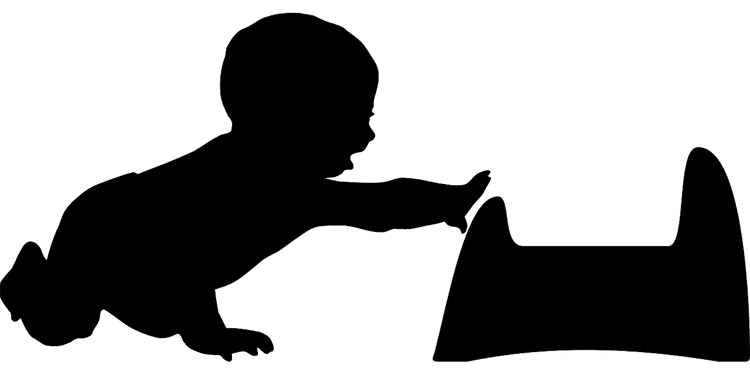
Q: My son is almost 3 and completely refuses or melts down when we try to work on potty training. My niece turned 2 a few months ago and is completely potty trained. What gives? I really want to be done with diapers.
A: 2-year-olds get a bad rap in general — I love watching kids this age as their independence, language, competence and mastery grows. But we all know 2- and 3-year-olds can be pretty resistant and dig in their heels when it seems like their parents have a “not so great” idea about what they should be doing. This certainly applies to putting pee and poop in the toilet.
Potty training is like sleep training — you need to find a pediatrician who will partner with you and help you clarify your goals. And then support you when your toddler laughs at those goals. (Just kidding — sort of.)
Most toddlers are physically ready for potty training around 18 months. Occasionally you’ll be surprised by your 20-month-old wanting to sit on the potty, and he may even go at the same time. “Ah,” you think, “this is going to be a piece of cake.” And then, when you suggest going again, either laughter, distraction or “no!” ensues.
Before successfully potty training, toddlers need to have the understanding to recognize the feeling of needing to go, the words to convey that, the ability to hold it and delay for something more fun, and a desire to be dry. Usually this happens between 2 and 3 years old.
Some kids who are ready and motivated with fairly even-keeled temperaments will have an easy time with some of the popular “boot camp” methods out there. These methods tend to work if you are regimented and you have the time. In general, I tend to be fairly hands off about potty training. It’s OK to encourage the trying, and praise the process, but never shame for going in the diaper or having an accident. That’s a setup for withholding stool, constipation, and issues in the future.
Make sitting on the potty and reading a book a part of bedtime routine. Some kids like small potties and others want a seat on the big potty. Many will learn to pee in the toilet well before they are comfortable stooling in one. Some are very motivated to be in underwear, and some couldn’t care less. Prizes and rewards usually don’t work too well — this is about mastery and control. It’s an act they have control over, and if they aren’t motivated to do it, bribing or shaming will backfire in the long run. If there are tears on both sides, drop it, and consider trying again in a few weeks or months.
If we get into late 3 and 4 years old and there are struggles, sometimes we need to delve a bit further into what else may be going on — bring this up with your pediatrician. And remember, nighttime dryness often comes months to years after being dry during the day. This is normal too.
Don’t fret, this will happen.
Dr. Doug Lincoln practices general pediatrics at Metropolitan Pediatrics in Happy Valley. He is board certified in both pediatrics and preventive medicine, with special interests in helping parents meet their breastfeeding goals, caring for neurodiverse children with behavioral health needs, and advocating for children via teaching and policy. As a dad of two boys, he understands the joy and hard work that comes with parenting.
- Get Out of the Rain at Portland Indoor Play Spaces - January 13, 2025
- Featured School of the Week: International School of Portland - January 13, 2025
- Celebrate MLK: Portland’s Top Service Projects and Community Events - January 13, 2025
